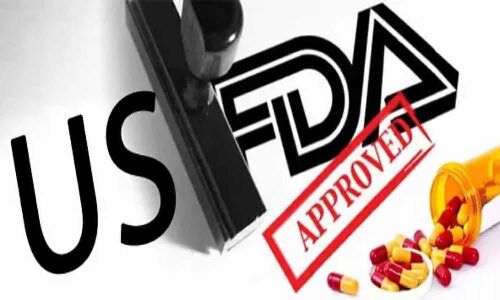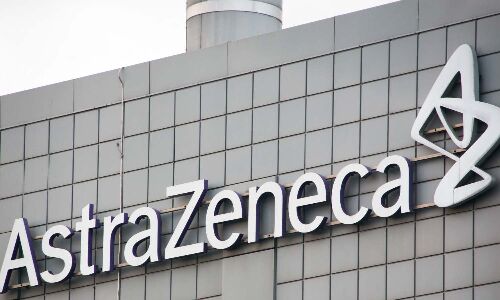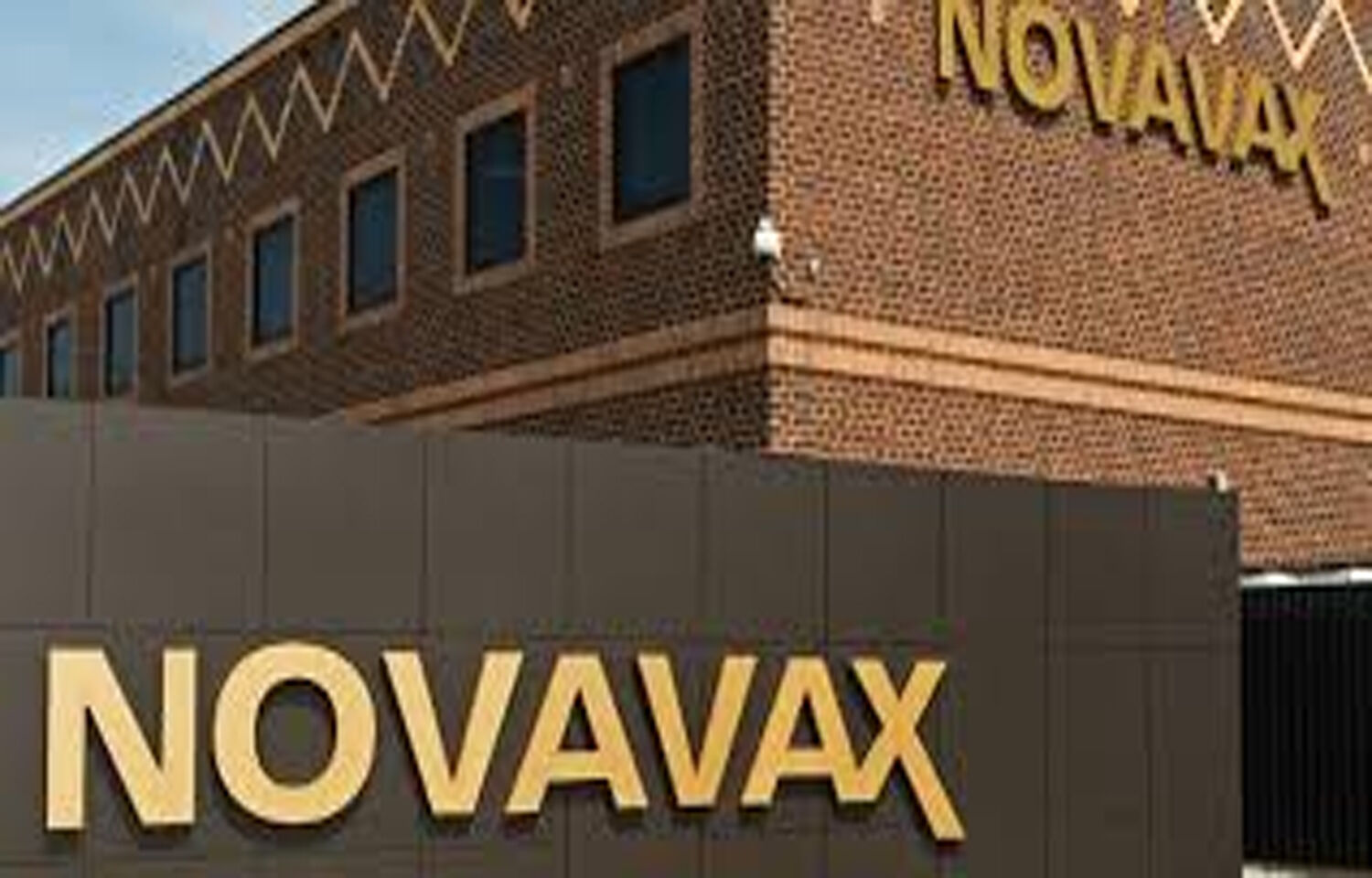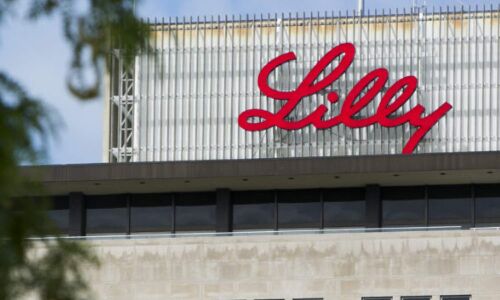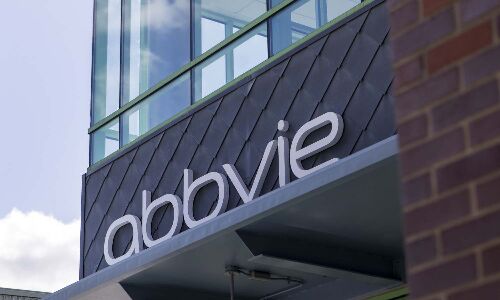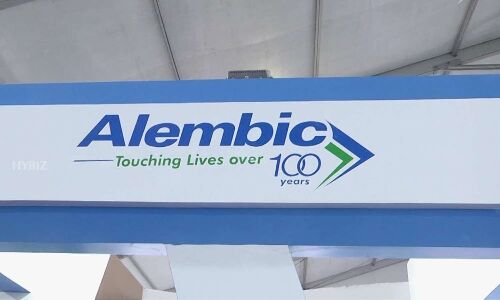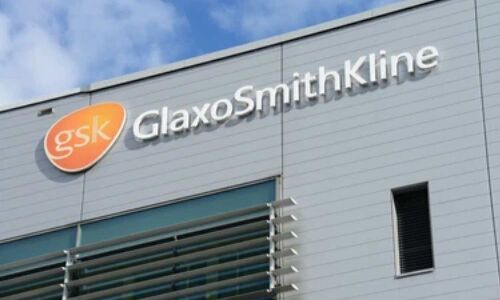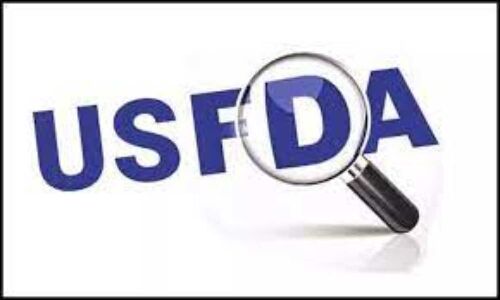Medical News, Health News Latest, Medical News Today - Medical Dialogues |
AbbVie gets USFDA nod for EPKINLY to treat adult patients with relapsed or refractory Diffuse Large B-Cell Lymphoma
2 years 5 months ago
News,Industry,Pharma News,Latest Industry News
Medical News, Health News Latest, Medical News Today - Medical Dialogues |
AstraZeneca to leave leading US drug lobby group
2 years 5 months ago
News,Industry,Pharma News,Latest Industry News
Medical News, Health News Latest, Medical News Today - Medical Dialogues |
COVID vaccine maker Novavax forecasts higher-than-expected revenue
2 years 5 months ago
News,Industry,Pharma News,Latest Industry News
Medical News, Health News Latest, Medical News Today - Medical Dialogues |
Teva, Viatris win US appeal in patent fight over Parkinson's drug
2 years 6 months ago
News,Industry,Pharma News,Latest Industry News
Medical News, Health News Latest, Medical News Today - Medical Dialogues |
Eli Lilly bowel disease drug Mirikizumab rejected by USFDA
2 years 6 months ago
News,Industry,Pharma News,Latest Industry News
Medical News, Health News Latest, Medical News Today - Medical Dialogues |
AbbVie plan to withdraw accelerated nods of Imbruvica in US for patients with certain types of blood cancer
2 years 6 months ago
News,Industry,Pharma News,Latest Industry News
Medical News, Health News Latest, Medical News Today - Medical Dialogues |
AbbVie trims profit forecasts on IPRnD expenses
2 years 6 months ago
News,Industry,Pharma News,Latest Industry News
Medical News, Health News Latest, Medical News Today - Medical Dialogues |
Glaucoma drug: USFDA nod to Alembic Pharma Brimonidine Tartrate Ophthalmic Solution
2 years 7 months ago
News,Industry,Pharma News,Latest Industry News
Medical News, Health News Latest, Medical News Today - Medical Dialogues |
GSK loses bid to keep experts out of upcoming Zantac trial
2 years 7 months ago
News,Industry,Pharma News,Latest Industry News
Medical News, Health News Latest, Medical News Today - Medical Dialogues |
USFDA refuses to approve AbbVie Parkinson's disease therapy ABBV-951, seeks more information
2 years 7 months ago
News,Industry,Pharma News,Latest Industry News
